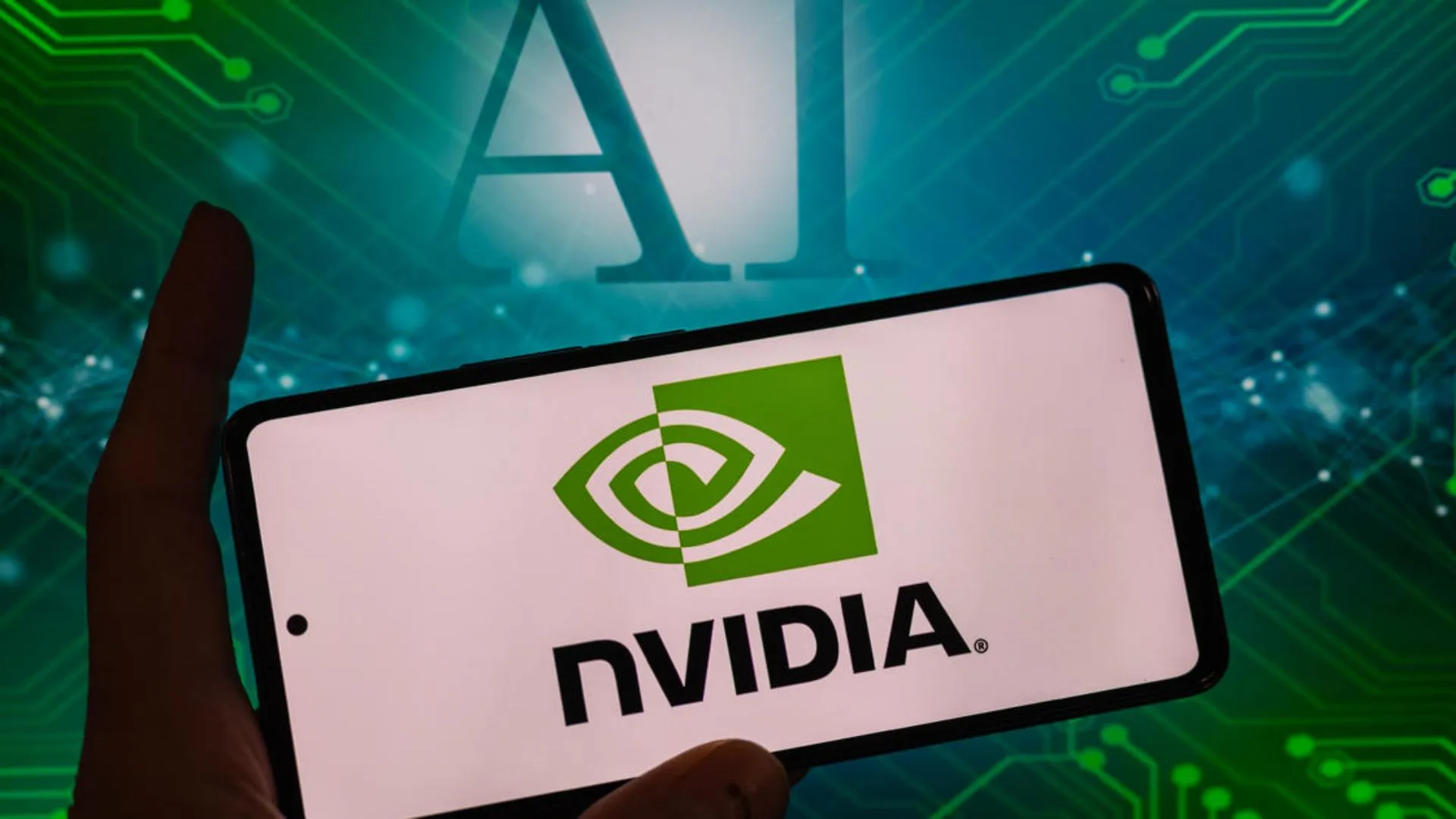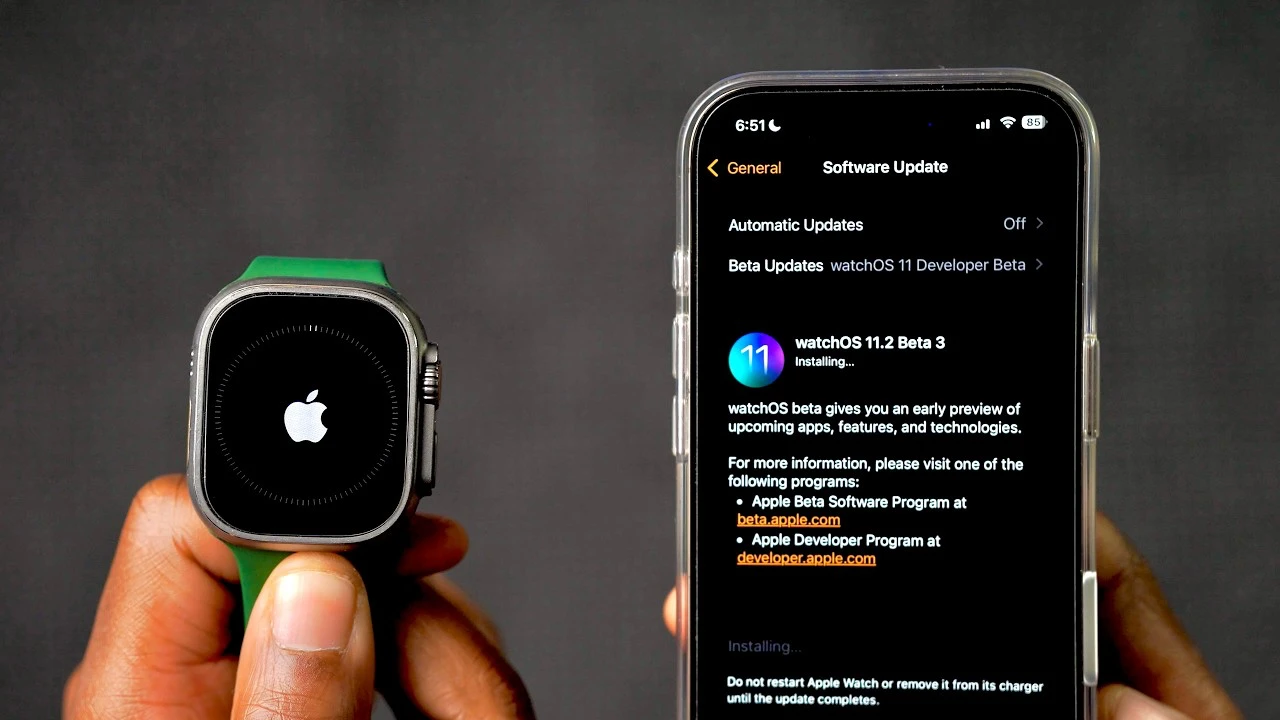
Nvidia reported a phenomenal leap in profits and sales for the third quarter, underpinned by high demand for its customized computer chips that help power AI systems. For the three-month period through October 27, the company based in Santa Clara recorded revenue at $35.08 billion, showing an impressive 94 percent leap from $18.
12 billion recorded last year. Record Profit and Revenue Beat Analysts’ Expectations The company posted a quarterly profit of $19.31 billion, more than double the $9.
24 billion it earned in the same quarter last year. On an adjusted basis, earnings came to 81 cents per share, surpassing Wall Street’s expectations of 75 cents per share on revenue of $33.17 billion, according to FactSet.
Despite these stunning outcomes, however, Nvidia’s stock declined slightly by about 1% after hours. Year to date, though, the company’s stock has skyrocketed by an extraordinary 195%. Optimistic Guidance for Q4, Amid Supply Challenges Nvidia has estimated its revenue for the fourth quarter to be $37.
5 billion, plus or minus 2%. Analysts estimate revenue of $37.09 billion, which indicates growth.
Nvidia CEO Jensen Huang said, “The age of AI is in full steam, propelling a global shift to Nvidia computing. Helping sustain growth was the increasing revenue of the data center segment, which jumped to $30.8 billion, 112% higher from a year ago.
It attributed the surge to demand for its Hopper computing platform that powered large language models, recommendation engines, and generative AI applications. Blackwell Chip Demand Continues to Surge Nvidia was hugely focused on its next-generation AI chip known as Blackwell. The chip has witnessed very good demand from companies like OpenAI and the other firms building AI data centers.
Colette Kress, Nvidia’s CFO, said production shipments for Blackwell are expected to start in the fourth quarter of fiscal 2025 and should continue to ramp up in fiscal 2026, though limitations in supply may be a factor, “Demand for Blackwell is expected to exceed supply for several quarters in fiscal 2026. According to Huang, the company would deliver more Blackwells than previously estimated in this quarter. He added that all the major partners are now working on integrating the chip into their data centers.
Nvidia’s AI and Gaming Leadership The company goes on to own the AI space and reap from the gradual shift of the world to AI-based applications. It follows previous successes, such as the development of the GPU in 1999, which transformed PC gaming. Gaming revenue for Q3 totaled $3.
3 billion, a 15% increase from last year. Analysts remain optimistic despite a somewhat underwhelming fourth-quarter forecast. David Volpe, a senior fund manager at Emerald Insights Fund, called the performance “tremendous” and lauded the company’s unmatched growth.
Nvidia’s $3.5 Trillion Market Cap In addition, as of Wednesday, Nvidia became the most valuable publicly traded company in the world, currently with a market cap exceeding $3.5 trillion.
Analysts are now seriously focusing on whether or not Nvidia will be able to reach the $4 trillion mark shortly. According to Dan Ives of Wedbush Securities, “The AI Revolution is still in the early innings of playing out.” In his view, the demand for Blackwell chips is just beginning, signifying strong future growth for Nvidia.
High Valuation and Future Potential Nvidia’s shares surged by nearly 150% in the first half of the year, trading at more than 100 times its earnings, far more expensive than historically or compared to the broader S&P 500. Despite this steep valuation, analysts say that Nvidia’s dominance in AI gives it significant future potential. Says Huang, speaking in the earnings call: “The era of AI is here.
And it’s large and diverse.” Nvidia is well-positioned to continue to benefit from the increasing global adoption of AI technology. ALSO READ: Xiaomi Launches Redmi A4 5G Phone For Under Rs 10,000 In India: Price And Features.














